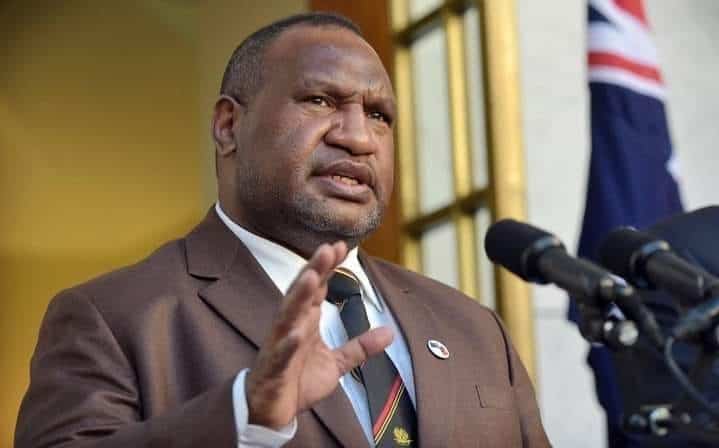The political fallout from the deadly riots in Papua New Guinea continues, including calls for a vote of no confidence against Prime Minister, James Marape.
Six MPs in Marape’s government have resigned following last week’s riots, in which at least a dozen people were killed.
Belden Namah, representative for Vanimo-Green, is the latest government MP to resign.
Namah is a senior MP and a former captain in the PNG Defence Force. He was involved in removing Sandline mercenaries in 1997 after similar rioting and looting. As such, his resignation is a significant blow to the Marape regime.
Last Friday the Morobe Governor, Luther Wenge, called for an emergency sitting of Parliament to address urgent issues including a vote of no confidence.
Marape still has the majority and may announce a possible reshuffle in the coming days.
It is expected that there will be ministries that will be reworked so that the main base of power will still be contained.
Normalcy has returned on the ground the only tension is within political circles where people were preparing for a vote of no confidence or calling for a vote of no confidence.
After several days of intense rioting in Port Moresby, Lae and other regions of Papua New Guinea, the current death toll reached 22.
However, it is suspected that the actual death toll, as order is restored, will be higher.
Acting Police Commissioner, Donald Yamasombi, asked people to return stolen property.
Yamasombi told looters to leave stolen items outside their homes for the military and police to pick up, on Saturday and Sunday.
His request was met with reasonable compliance.
A couple in Lae were arrested for abusing police over social media. The couple were “made an example of” for supporting the looters.
There were also videos of looters expressing their dissatisfaction and telling the government why they were looting.
There is a feeling that something needs to happen. There are underlying frustrations among the population like the lack of opportunity for young people and the youth problems not dealt with. The public’s frustrations are mirrored by PNG police, concerning their poor housing, work and pay conditions. Officers are expected to go into tribal fighting zones without body armour for protection.
